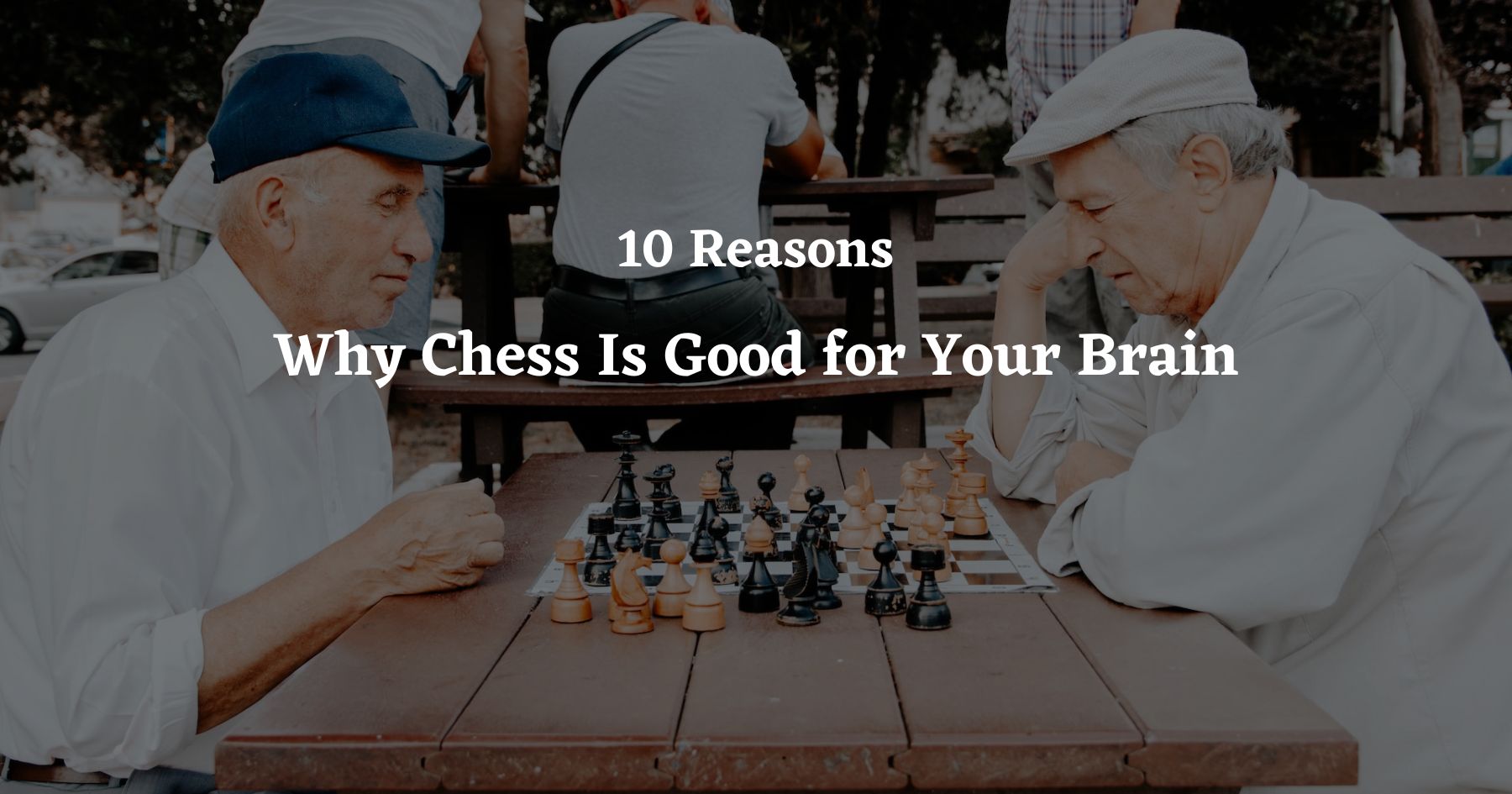10 Reasons Why Chess Is Good for Your Brain
Chess has long been considered a game of intellect and strategy, and for good reason. The game requires players to think critically, plan ahead, and make strategic moves while anticipating their opponent’s moves. However, beyond being an engaging pastime, recent studies show that chess can benefit the brain in numerous ways. In this article, we will explore the top 10 reasons why playing chess is good for your brain.
Enhances Cognitive Function
Playing chess requires complex mental reasoning and develops a player’s cognitive skills. It helps in sharpening focus and concentration, memory retention, problem-solving tactics, and enhances the ability to make strategic decisions while juggling multiple variables to achieve a common goal.
Improves Brain Function
Studies conducted on individuals who play chess regularly have shown significant improvement in brain function. The game engages both sides of the brain and helps to create new neural pathways, leading to increased creativity and improved brain function overall.
3. Supports Brain Development
Playing chess as a child helps in the development of neural pathways and cognitive skills, crucial to overall brain development. A child who plays chess regularly will have a better probability of developing superior visual-spatial skills, enhanced memory, and greater math and reading comprehension abilities.
4. Decreases Dementia Risk
Studies have shown that playing chess can help lower the risk of developing dementia in older adults. The game challenges the brain, keeping it active and engaged, and thereby protecting it against cognitive decline.
5. Enhances Analytical Thinking
Chess requires analysis of multiple variables to make a decision. It helps to enhance analytical thinking and problem-solving skills.
6. Develops Planning and Strategy
Playing chess regularly improves the ability to think ahead, plan for different scenarios, and strategize effectively, making it effective in transferring the lessons learned to real-life, professional, and personal situations.
7. Improves Self-Esteem
As players develop their chess skills, they gain more confidence in their decision-making abilities and experience a sense of accomplishment. It results in greater self-esteem and a positive outlook even in non-chess situations.
8. Promotes Patience and Perseverance
Chess requires patience and perseverance, and players who develop this quality can transfer it to other areas of their lives.
9. Enhances Creativity
Playing chess can help in creative problem-solving by teaching new ways to approach problems and to think creatively. It encourages the mind to create new patterns and concepts through innovative and lateral thinking.
10. Provides Social Interaction
Chess is a social game that fosters communication and social bonds. Players can improve their social skills and build relationships while enjoying an intellectually stimulating game.
Conclusion
Chess is a game that stimulates the brain and provides numerous benefits beyond just being a satisfying pastime. Playing chess can lead to improved cognitive function, enhanced brain development, and risk reduction for various neurological conditions. It offers ample opportunity for language development, socialization, and problem-solving that can benefit individuals of all ages. Even a few hours of practice can show significant benefits, and therefore it’s a game worth playing for intellectual fitness.
FAQ
Is chess suitable for all age groups?
Chess is suitable for all ages and can contribute to overall brain development.
How long should someone practice to see the benefits of chess on their brain?
The benefits of chess can be experienced in a relatively short time, but long-term practice will yield more significant benefits.
Can playing chess regularly lead to better problem-solving skills?
Yes, regular chess practicing can enhance problem-solving skills as it requires the player to evaluate and analyze multiple factors to make sound decisions.
What are some other games that can benefit the brain?
Games like Sudoku, crosswords, and strategy games like Risk provide similar benefits.
Can chess improve cognitive skills in older adults?
Yes, chess can help improve cognitive skills, memory, and attention to detail in older adults and keep them engaged while reducing the risk of cognitive decline.
